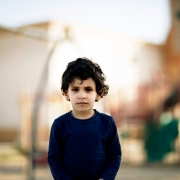Friday Waypoints- 3/29/19
Spring!!!! I was counting down the minutes. In my home I surround myself with pictures of trees, leaves, birds, and landscapes, but nothing brightens my spirits like the beginning of Spring. I felt better at 5:58 PM this past Wednesday. “Behold, my friends,” spoke Sitting Bull, “the Spring is come; the earth has gladly received…




